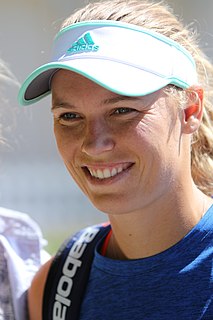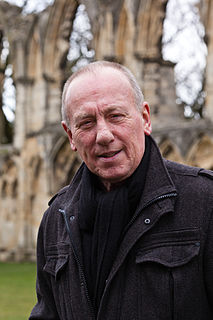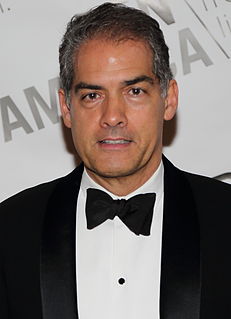A Quote by Diana Gabaldon
I read some books, and I thought, 'This is better than sliced bread!' and a month later, I couldn't remember thinking about it. And I've read others that were kind of a slog, and I've put them down and come back six months later thinking, 'Wow, this is great.' So, you know, things change all the time.
Related Quotes
We feel an affinity with a certain thinker because we agree with him; or because he shows us what we were already thinking; or because he shows us in a more articulate form what we were already thinking; or because he shows us what we were on the point of thinking; or what we would sooner or later have thought; or what we would have thought much later if we hadn’t read it now; or what we would have been likely to think but never would have thought if we hadn’t read it now; or what we would have liked to think but never would have thought if we hadn’t read it now.
There's that lovely thing for the first month or two of writing a new book: OK, I don't know what that character's going to do, but we'll find out later. After about three or four months you come to that bit where you've got to put some plot in before it's too late, and you have to go back and start inserting plot, and, ooh, I've left out the literature, OK, lets put some in.
When you talk to people about the books that have meant a lot to them, it's usually books they read when they were younger because the books have this wonder in everyday things that isn't bogged down by excessively grown-up concerns or the need to be subtle or coy... when you read these books as an adult, it tends to bring back the sense of newness and discovery that I tend not to get from adult fiction.
If you are thinking, you can't understand Zen. Anything that can be written in a book, anything that can be said - all this is thinking . . . but if you read with a mind that has cut off all thinking, then Zen books, sutras and Bibles are all the truth. So is the barking of a dog or the crowing of a rooster. All things are teaching you at every moment, and these sounds are even better teaching than Zen books.
Last night I thought about all the kerosene I've used in the past ten years. And I thought about books. And for the first time I realized that a man was behind each one of the books. A man had to think them up. A man had to take a long time to put them down on paper. And I'd never even thought that thought before...It took some man a lifetime maybe to put some of his thoughts down, looking around at the world and life, and then I come along in two minutes and boom! it's all over.
I was in Congress for six months, and they put me on blood pressure medication. I flew helicopters in combat and I was fine, and I survived 13 months in recovery in the hospital... I got to Congress, and six months later I'm on blood pressure medication. Fourteen months later, they doubled the dosage!

































